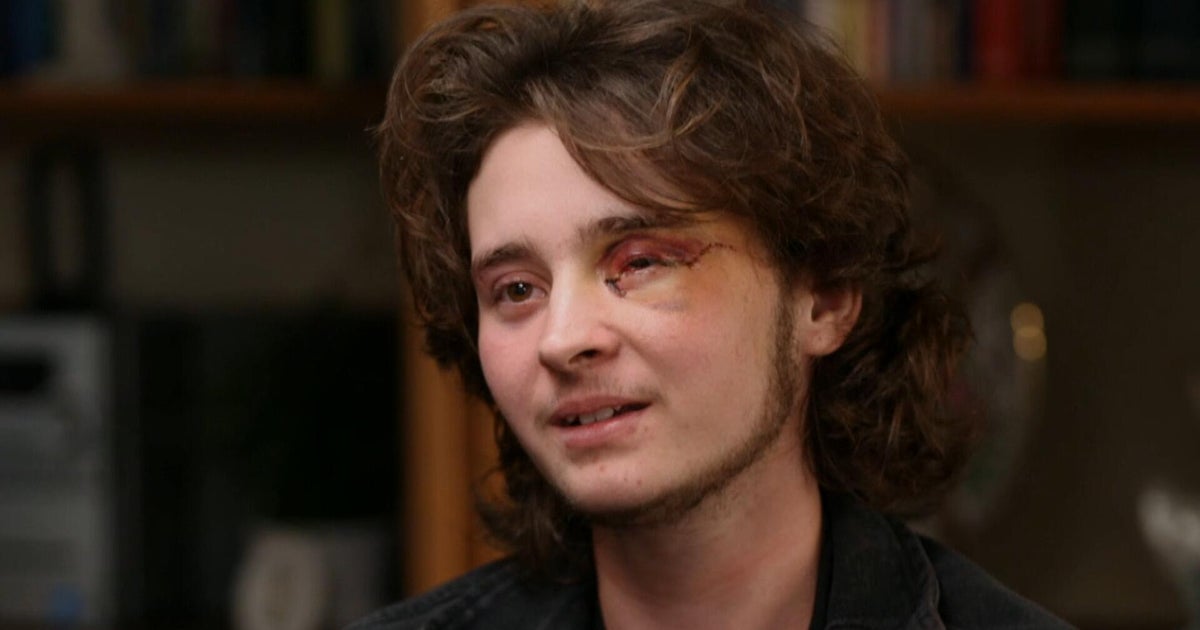"We are on the right track": Dermatologist offers fellowship on diagnosing and treating people of color
The inadequate medical care offered to minority communities became tragically apparent during the COVID-19 pandemic, but it has been an issue that has always plagued people of color. That includes dermatology, with doctors reporting that they felt their medical training did not properly prepare them to treat darker skin, according to the National Center for Biotechnology Information.
Only 3% of the roughly 10,000 dermatologists nationwide are Black. Those statistics led a California dermatologist to start a fellowship designed to help people like Shane Broomfield, who recently shared his story with CBS News.
His skin discoloration remained a mystery to multiple dermatologists despite seven years of treatments.
"I look like crispy critter, a burn victim," he said. "I was embarrassed to walk down the hall."
Broomfield said his last doctor simply gave up.
"He stood right in front of me and said, 'I can't help you anymore,'" he said. "There was a hopelessness and then a little glimmer of anger."
Broomfield was finally referred to Dr. Nada Elbuluk, the founder director of the USC Skin of Color and Pigmentary Disorders program at Keck Medicine.
Right away, Elbuluk said she recognized Broomfield had something more commonly found in melanin-rich skin — lichen plants pigmentosus. The condition causes darkening as well as a related scarring type of hair loss called lichen planopilaris.
"I think there was just immediate relief just to even just have a name to put towards it," Elbuluk told CBS News. Like what it actually is that he has, the fact that the two things were connected, which he never realized was possible."
She said at least once a week, she meets patients who have been misdiagnosed or under-treated for their skin conditions.
"The more pigment that somebody has, the more it can change the way that a condition can look," Elbuluk said. "What became defined as classic for any condition became what we see in lighter skin, right? But that's not necessarily classic in darker skin."
The fellowship at her clinic is meant to provide perspective for dermatologists in training.
"Many of these conditions, even if they don't kill you, they have profound effects on quality of life," Elbuluk said.
Because Broomfield went many years before being properly diagnosed, he may not make a full recovery — however, he remains optimistic.
"I am confident that we are on the right track for treatments and that this will be reversed. I have hope," he said.
There are three Skin of Color clinics in the U.S., including in San Francisco and Cleveland.





